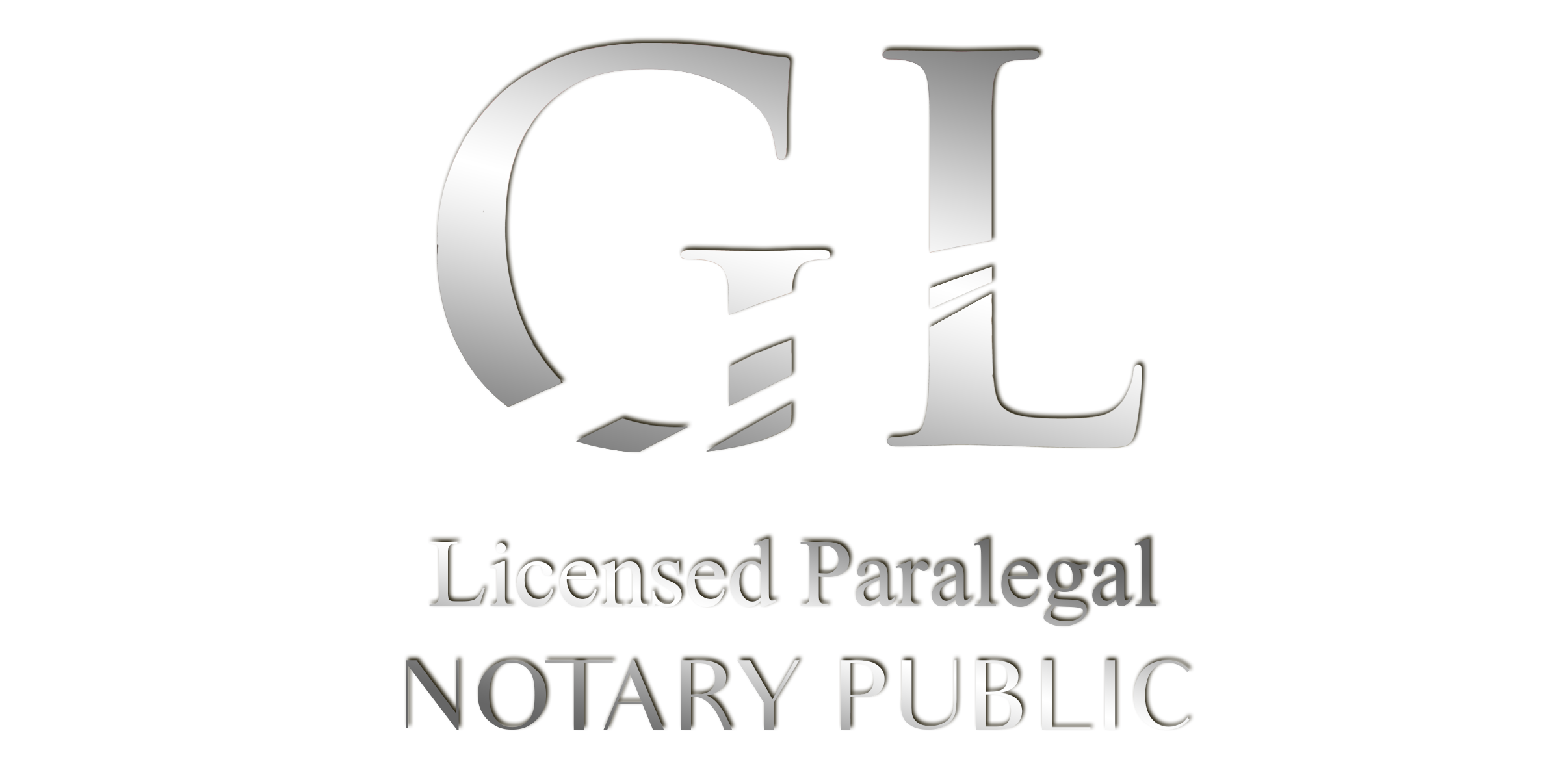The Government of Ontario enacted O.Reg 431/20, Administering Oath or Declaration Remotely, on August 1, 2020. This regulation is under the Commissioners for Taking Affidavits Act and sets out the requirements that must be met for remote commissioning. Online notarization, e-notarization, virtual notarization or remote commissioning of affidavit, oaths or statutory declaration are interchangeable terms and legal in Ontario.
Based on O.Reg 431/20 under Commissioner for Taking Affidavits Act, Commissioner of Oaths and Taking Affidavits is given authority to administer oaths or declarations via a digital platform which allows himself and the deponent or declarant to see, hear and communicate with each other in real-time throughout the entire transaction (usually a video call or video conference platform). The commissioner, however, is not permitted to certify a true copy of an original document. Therefore, no true copy of the original document shall be notarized by the commissioner either physically or virtually.
The Notaries, as appointed under Ontario Notaries Act, have the full power of Commissioner of Oaths and Affidavits, therefore definitely can provide online commissioning service if they wish to do. They are also given the power to certify and attest true copies of documents. But there is no regulation under the Ontario Notaries Act that permits the electronic or remote notarization of certified true copies. Notaries must be able to compare the physical original document to the copy to confirm that the copy is authentic and true. An online document is only notarized when a document is not issued physically and only provided in an electronic format.
When providing an online commissioning service, the deponent or declarant can digitally sign into the document via a platform. Electronic signatures are the most common method of signing used for online commissioning. Unfortunately, not every document can be notarized online. The Electronic Commerce Act sets out which documents can be signed electronically but also states that the following documents cannot be signed electronically:
- Wills and codicils
- Trusts created by wills or codicils
- Powers of attorney
- Negotiable instruments (which can include cheques, promissory notes and bills of exchange)
Please note that these above documents cannot be signed electronically but still can be witnessed online when a testator signs a document physically.
Although online commissioning is permitted in Ontario, the law does not require an organization or person to recognize a document that has been commissioned online. As a best practice, clients should contact the receiving organization to confirm if they will accept electronic signatures to be notarized remotely, especially when the final destination is outside of Ontario.





